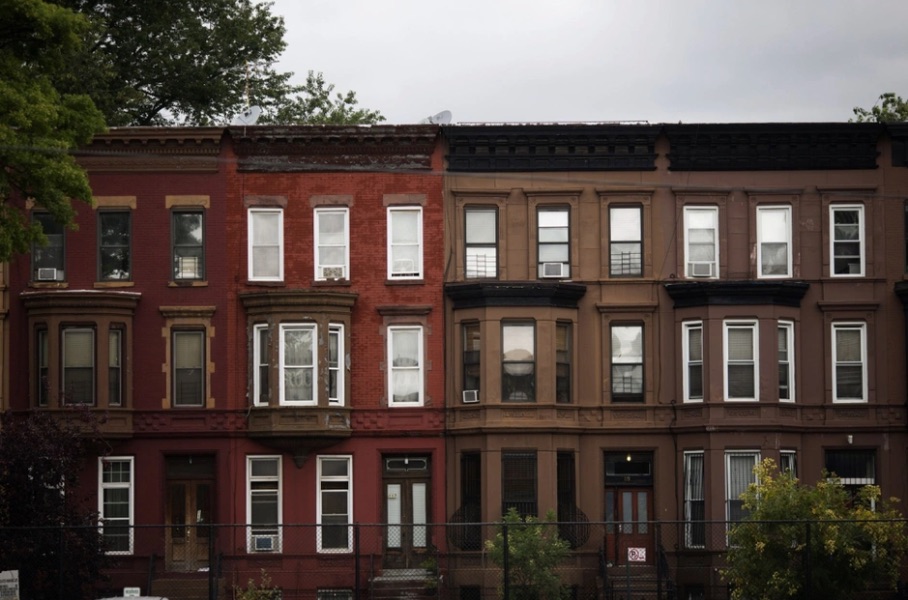Our story starts with Emily. After the Philadelphia restaurant where she works laid her off, she had to cut her rent payment in half. Jobless, she could not afford the whole amount.
That takes us to Emily’s landlord, to his mortgages, and eventually to the Fed.
The Rent Nonpayment Path
Because an estimated 40 percent of all apartment dwellers in New York City cannot afford the rent, there could be two million unsent or diminished checks. Like Ed Edge, Emily’s landlord, the city’s building owners are small businesspeople. Ed said he had 14 tenants in four buildings that normally send him $9,300 a month. However, after the pandemic layoffs, at $4500, his first checks were close to half of what was due.
Ed owes $8,000 each month for the mortgages that finance his rental units and some renovation debt. Here, as the source of his mortgages, Wells Fargo and a company called New Rez enter the picture.
But this is just the beginning.
Mortgage Securities
Next, we need “mortgage servicers” to collect the payments from people like Ed. At the same time, groups of mortgages are combined in (what I call) “packages.” They then are bought by investors whose return is based on the mortgage payments.
Oversimplifying, let’s just say that our path took us from…
- Emily the renter,
- to Ed the landlord,
- to Wells Fargo the mortgage provider,
- to mortgage servicers that collect payments from homeowners and landlords,
- to investors buying “packages” of mortgage securities that pay interest.
Now, because of the pandemic, there might be one last step along our path.
Our Bottom Line: The Federal Reserve
Knowing that investors would not get paid because people like Ed canceled autopay to mortgage servicers, the Federal Reserve has said it will purchase mortgage securities. Through the Fed’s CMBS (commercial mortgage-backed securities) Program, they are buying bond “packages” worth billions in the open market.
During the week of March 30, the New York Fed bought commercial mortgage-backed securities worth $1.03 billion. The Fed said that their purchases would continue.
So, we have Emily who could be eligible for unemployment money through the CARES Act and the owners of commercial mortgage-backed securities getting Federal Reserve dollars. We could say that the beginning and end of our path are rather similar.
My sources and more: For the pathway that links the renter to the mortgage security, Planet Money, this NPR newscast, and City Lab had the details. Next, do read this Reuters article for how the Federal Reserve is stepping in. (Our featured image is from Bloomberg via City Lab.)






